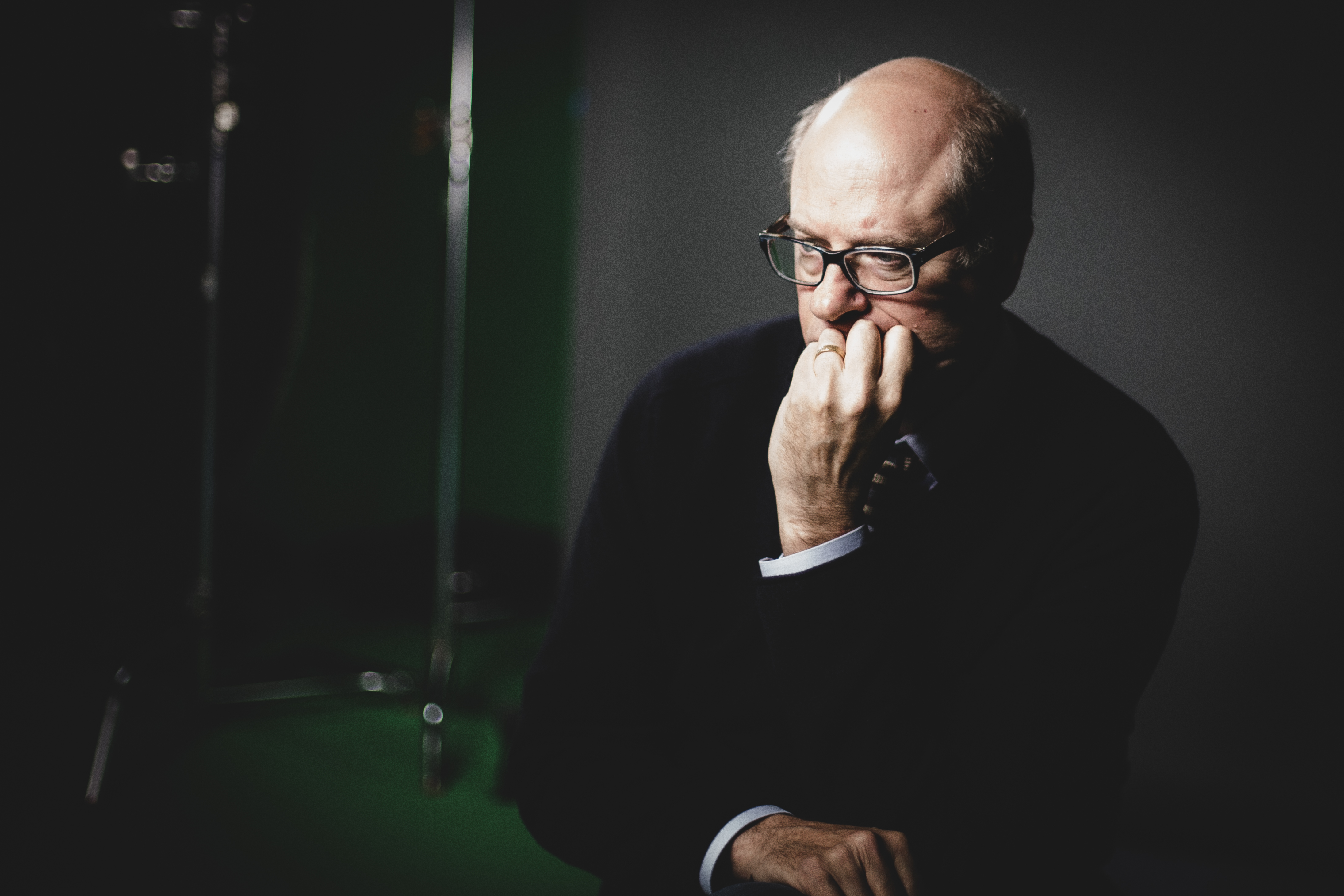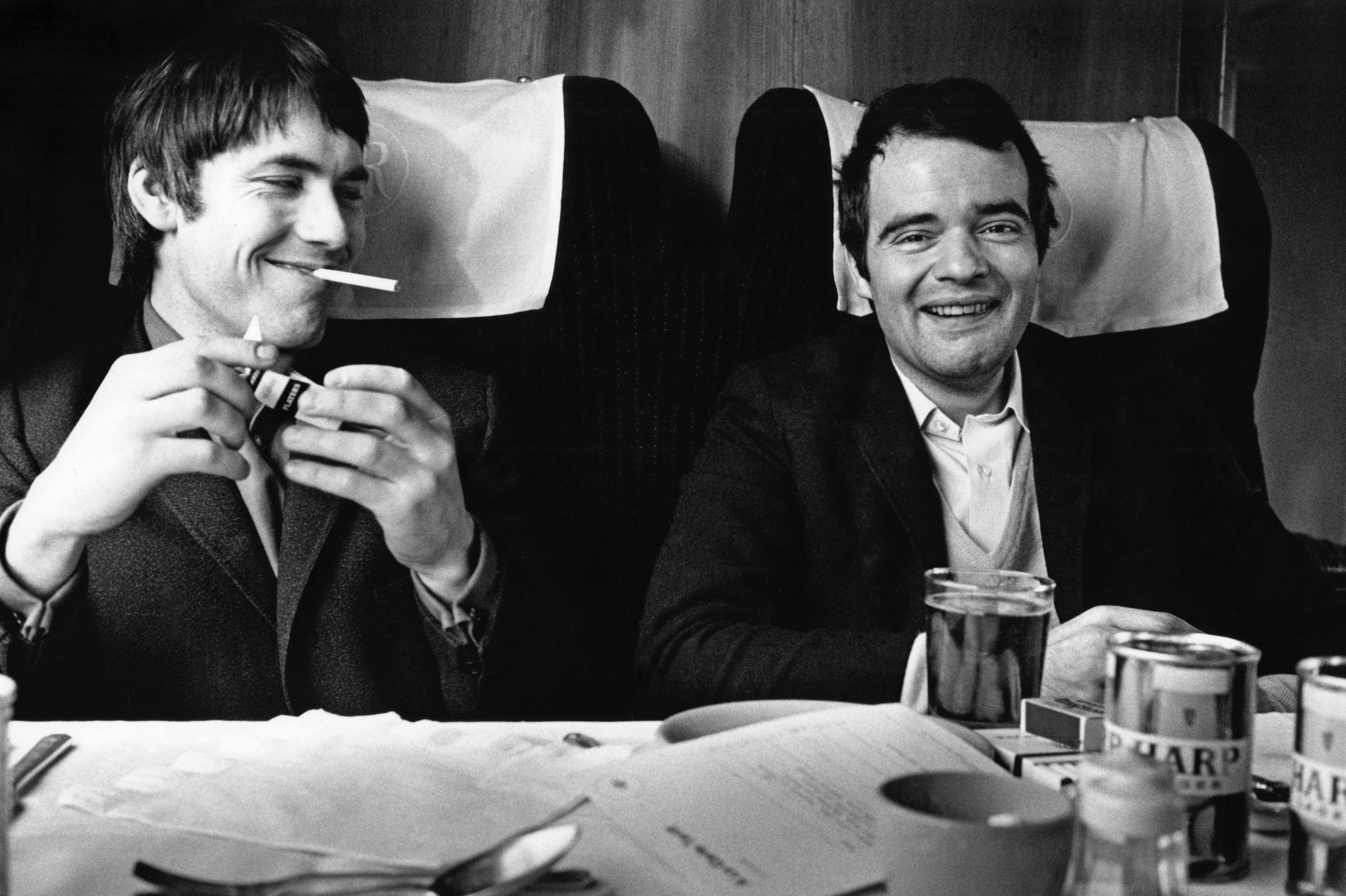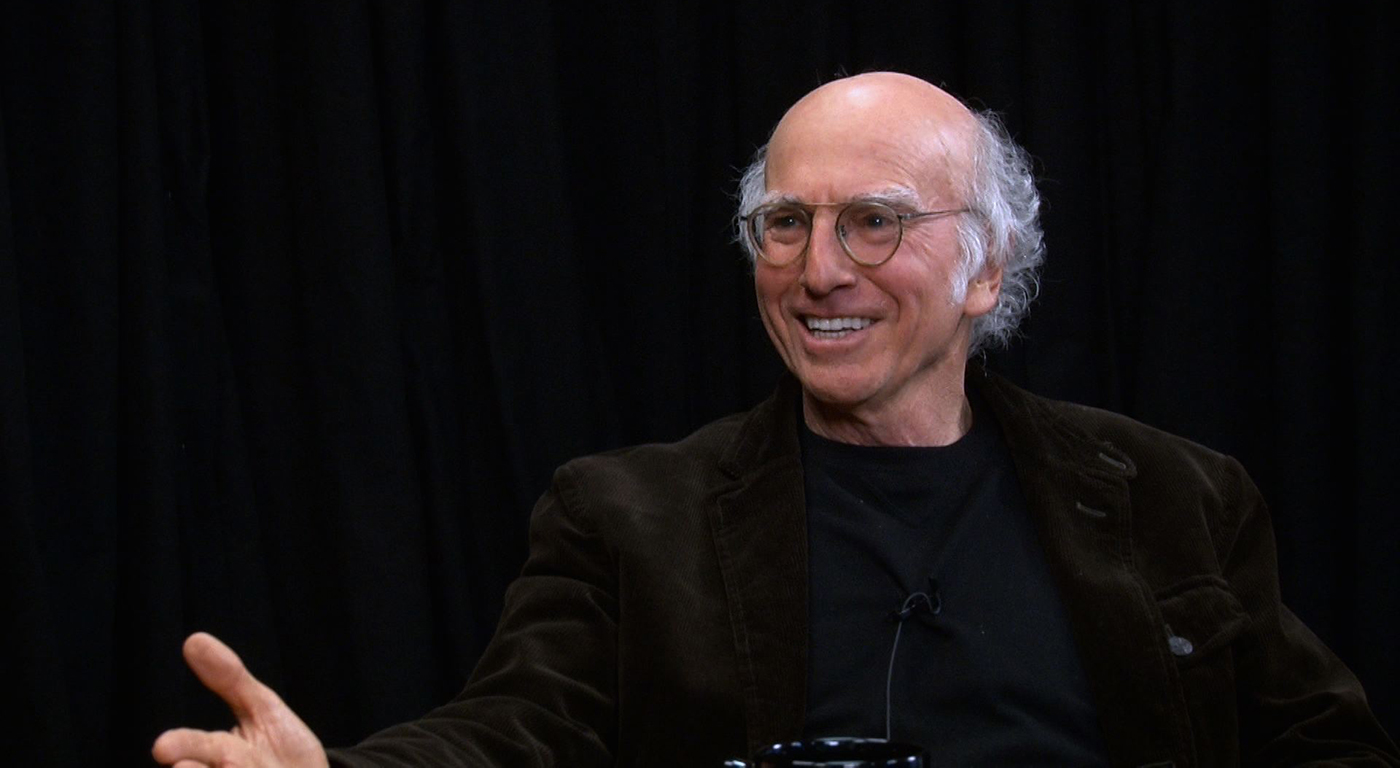I CAN THINK OF no working director who uses stillness as gracefully and effectively as Takeshi Kitano. In the opening shot of Violent Cop, his 1990 directorial debut, the camera holds on the smiling face of a toothless derelict. Like a pebble dropping into a pond, the calm is shattered when a soccer ball knocks his dinner from his hand and a swarm of teens rushes him. The violence erupts out of nowhere as they relentlessly beat and kick him; and as the homeless man lies dead on the ground, the feckless kids hop on their bikes and nonchalantly pedal away, as if leaving the playground game.
Violent Cop and Boiling Point
directed by “Beat” Takeshi Kitano
plays September 10-16 at Varsity
Into this cruel, uncaring world strolls Azuma (Takeshi Kitano), the police detective who earns the film its title many times over. In his first scene he beats a suspect, one of the teenage boys, in the kid’s own room. Azuma has a reputation for making up his own rules, and he maintains a precarious position in a department that looks the other way because Azuma’s brutality gets results. “Behave yourself for a year while I’m chief,” demands his new superior. He looks on as if he hasn’t heard a thing and before long he’s back to his usual tricks, running down suspects, beating drug dealers, planting evidence, even slugging a pimp standing in the station house hall. Once in a while he cracks a smile, but mostly he wears a deadpan mask.
Kitano has an amazing face, calm and bemused, at times almost blank, with big teddy-bear eyes and soft features that suggest a gentle nature denied in his every action. Even when the battle becomes personal and the hair-trigger cop goes on his rogue rampage, he maintains that serenity, hardening just a bit, his crook of smile straightening out in taut determination, perhaps suggesting just a touch of bitterness and sadness.
BETTER KNOWN BY his nickname “Beat” Takeshi in Japan, Kitano rose to fame as a stand-up comic and remains one of Japan’s most popular TV personalities (he’s been known to host or star in as many as four TV shows simultaneously). His background helps explain how he can transform bullying bastards into such likable characters, but it doesn’t account for the fully realized style that emerges in his first film. He boldly sketches shots with a seemingly simple directness and stages visceral action scenes with a mesmerizing impassivity: The camera locks down and watches the war zone erupt. And for a director of so-called action films, his cinema is full of static images and long digressions, intermissions from the blood sport. When the inevitable clashes recur, the sudden shots of brutality carry a startling kick to them.
Kitano’s second film, Boiling Point, carries this stylistic idea even farther. The story concerns passive gas station attendant and baseball team benchwarmer Masaki (Masahiko Ono), whose one moment of action is a badly timed attack on a rude customer who just happens to be Yakuza. When the gangsters start taking it out on both his coworkers and his teammates, Masaki sets out to buy a gun to take care of the problem. Kitano is even more oblique in his presentation of violent action, and he spends the middle of the film on a strange, rambling subplot involving a disgraced mobster (Kitano again, this time in a supporting role as a fun-loving brute with a penchant for rape) and his mission of revenge.
Violent Cop is a classic Japanese gangster tale shaped into Kitano’s unmistakably warped reflection of the cops-and-criminals culture with startling style and his charismatic presence, and is easily the bigger audience pleaser. Boiling Point isn’t as compelling, but is in some ways more challenging and inventive. Together, they signal the debut of a director now considered one of the most cinematically exciting artists on the world scene today.






